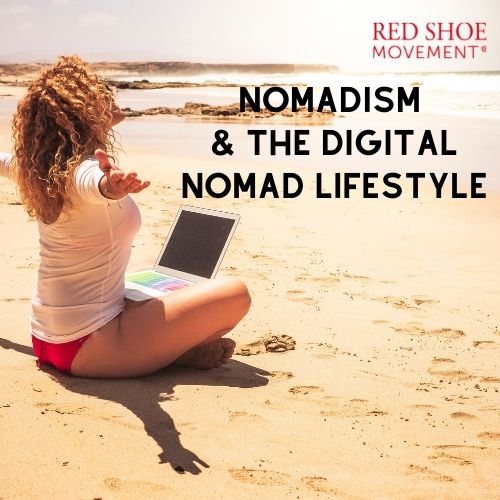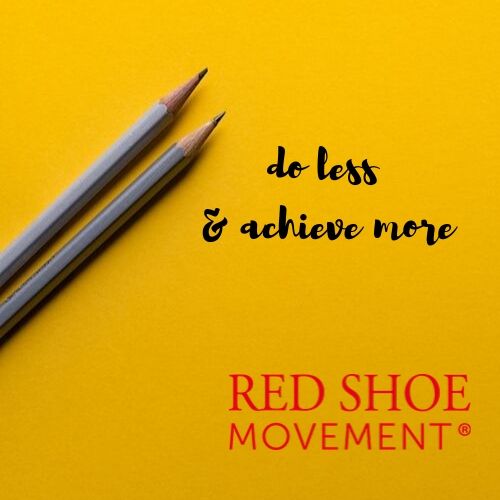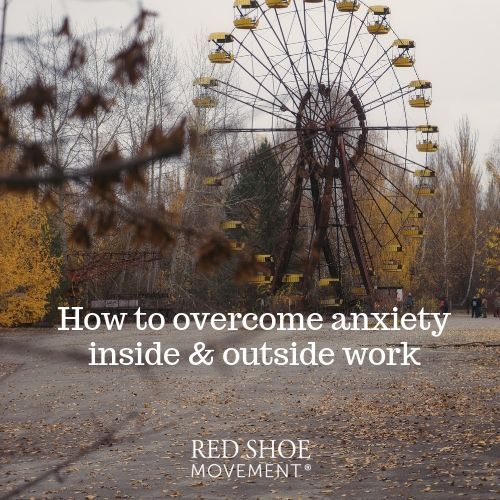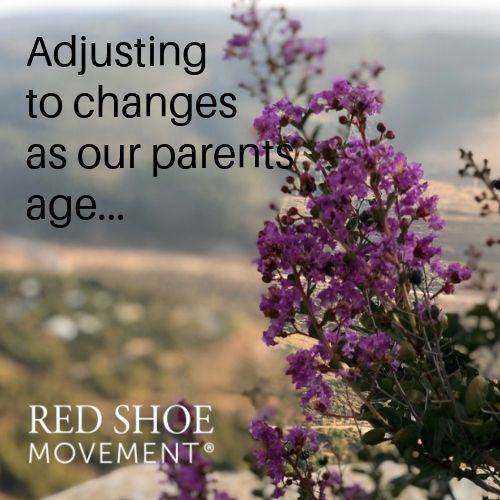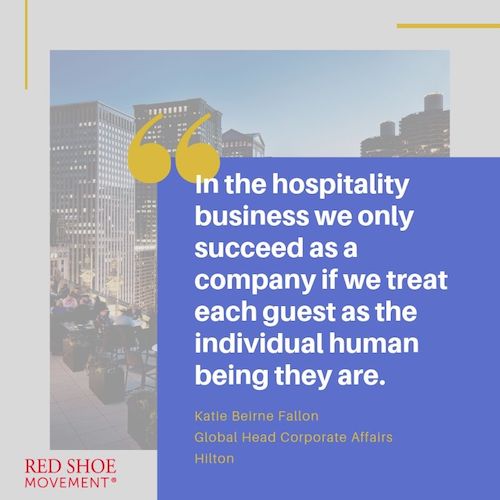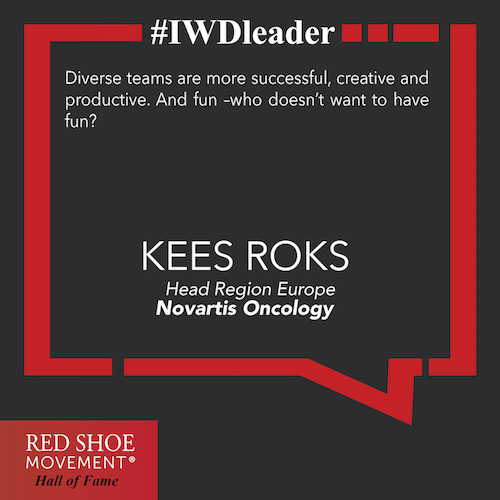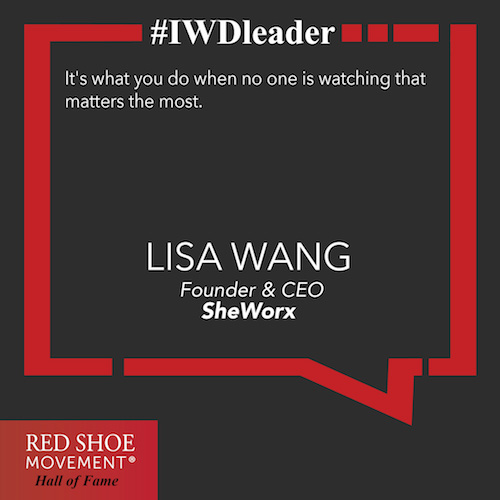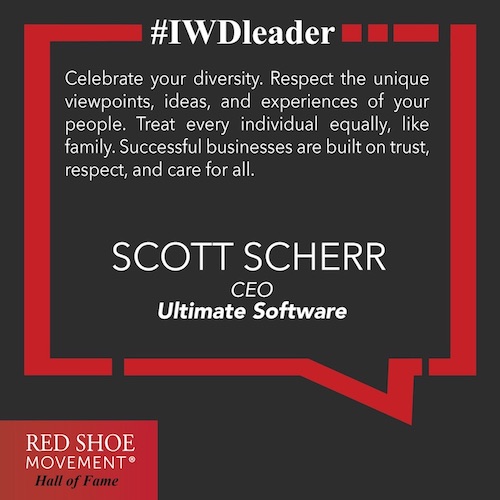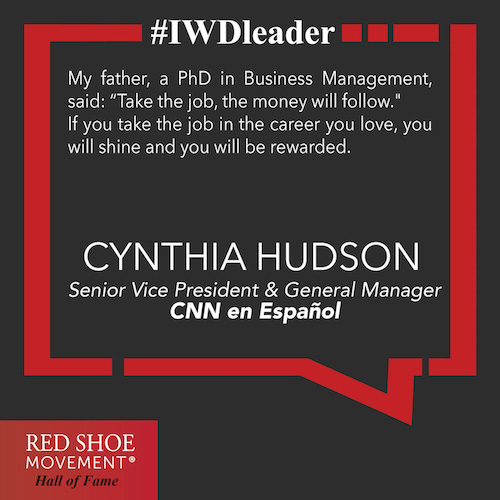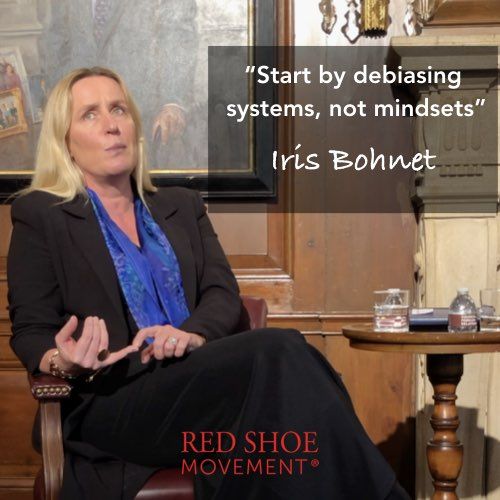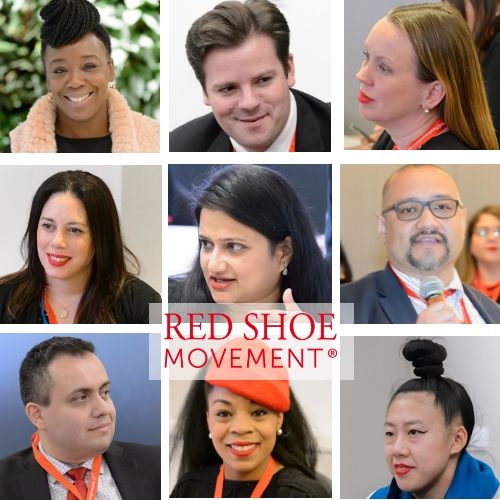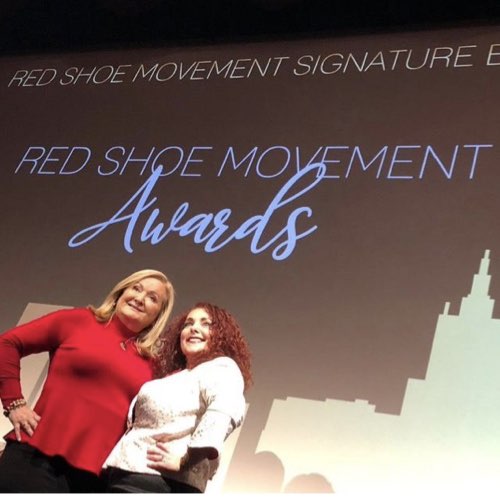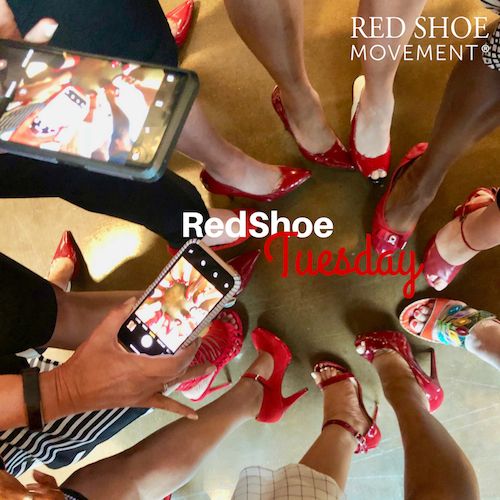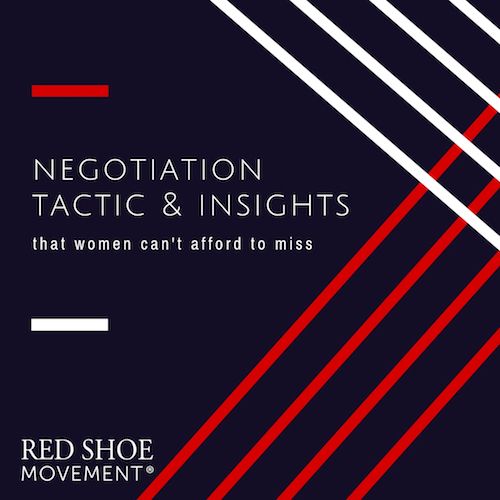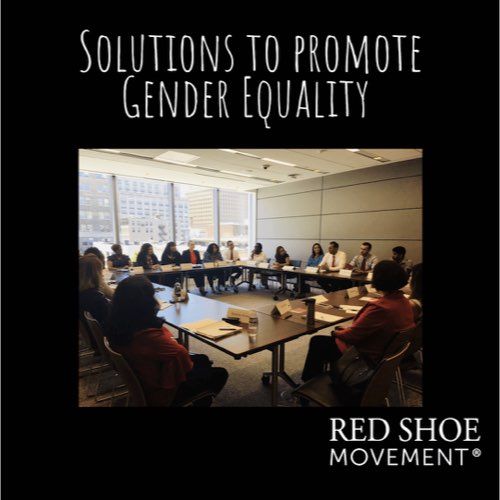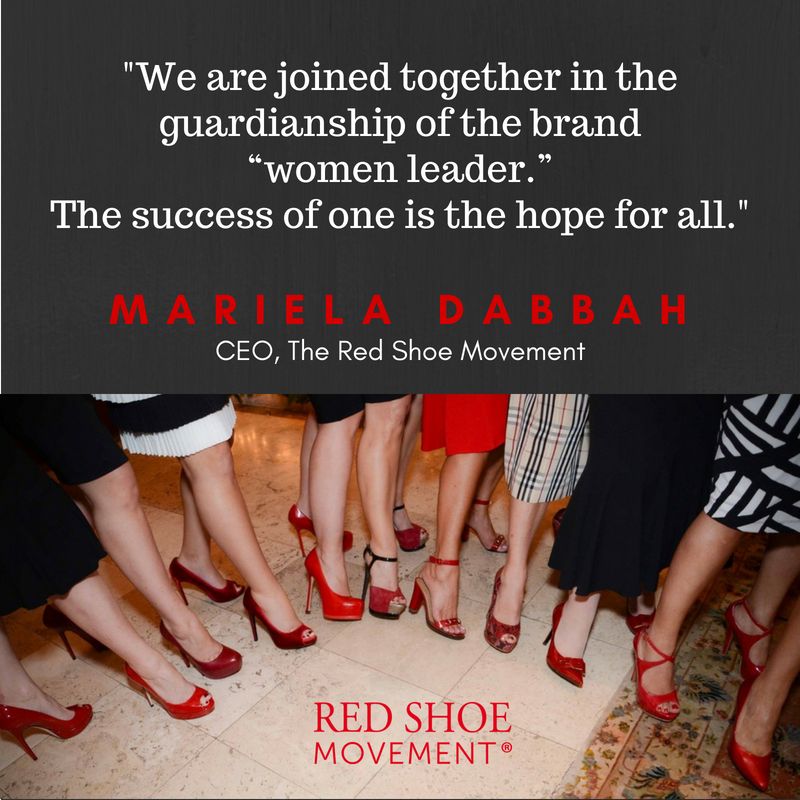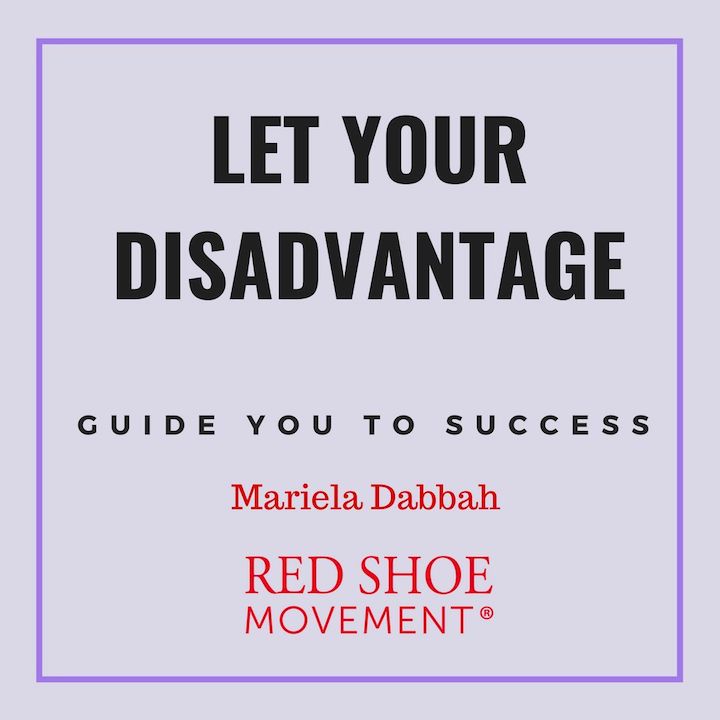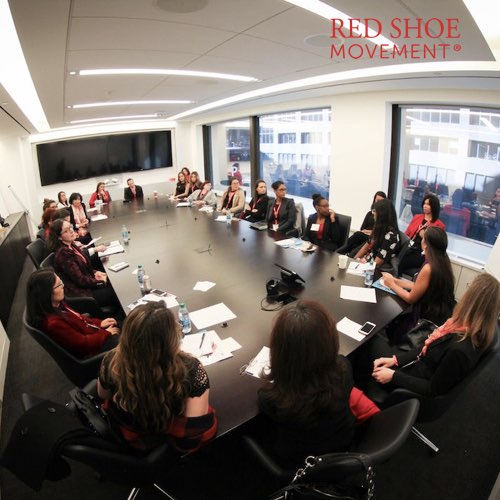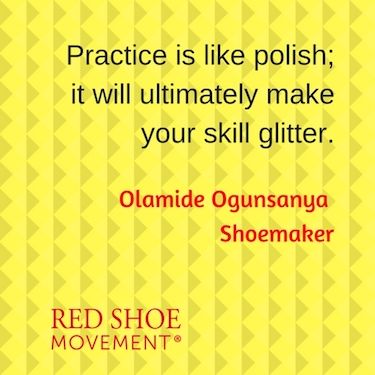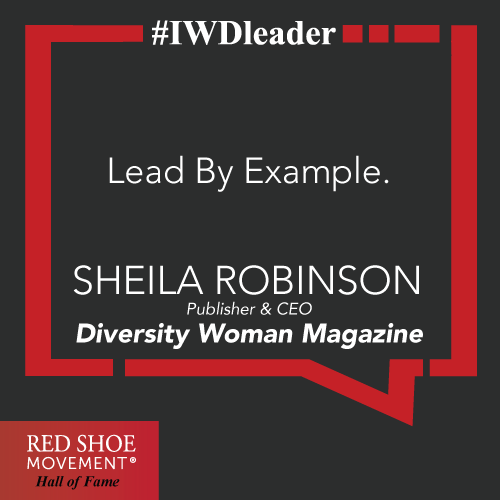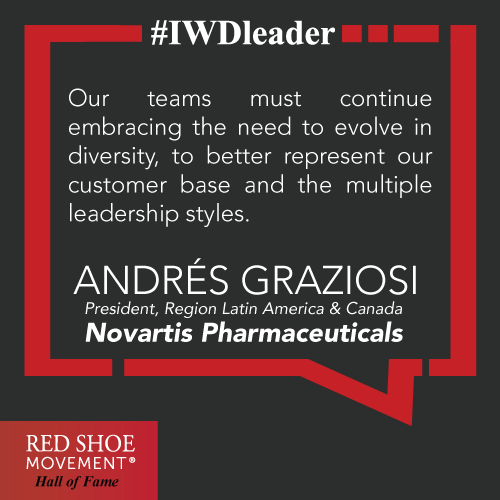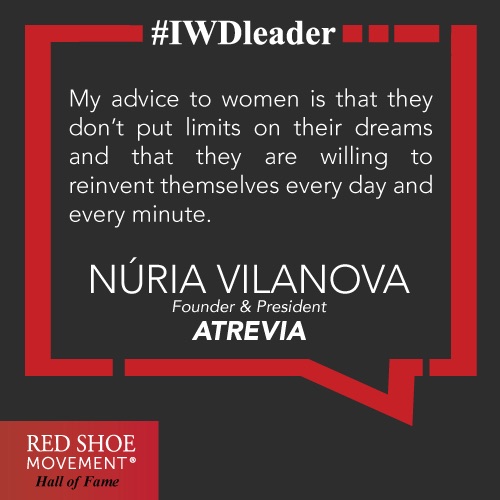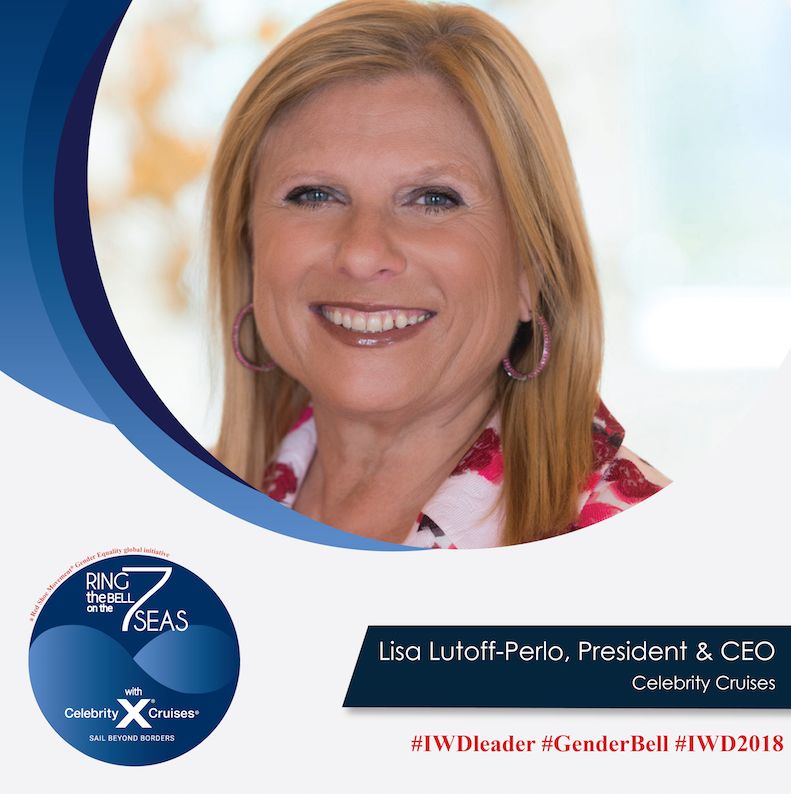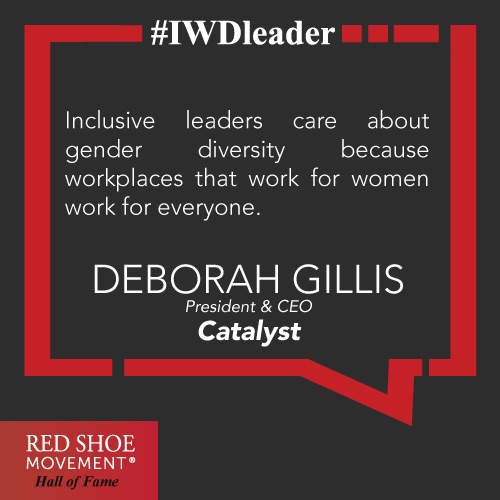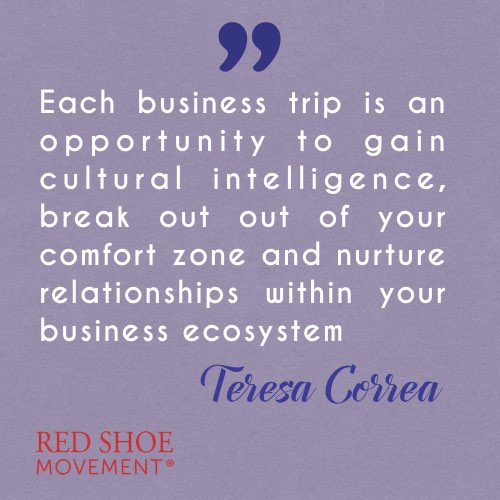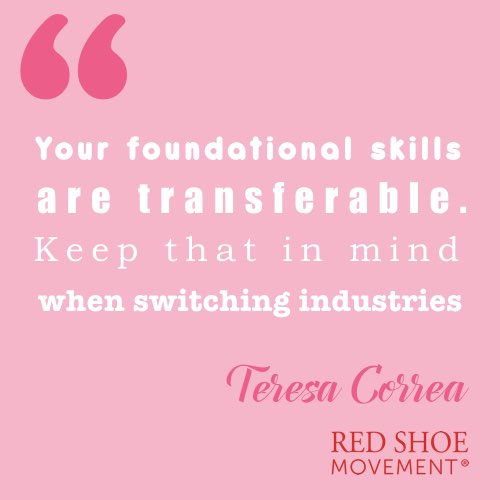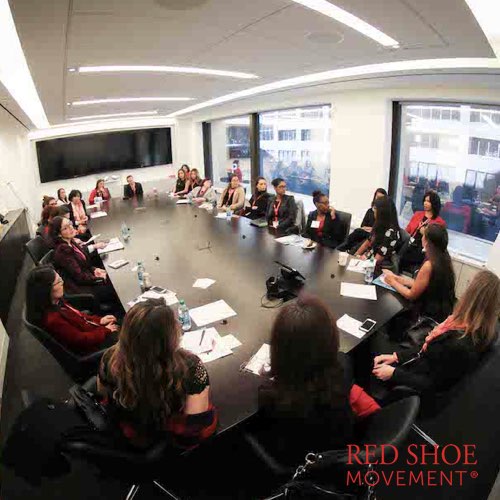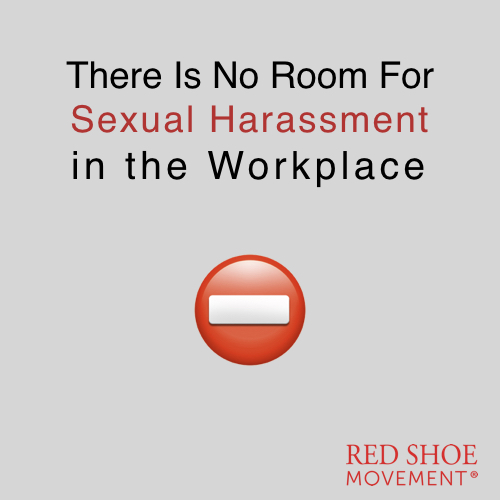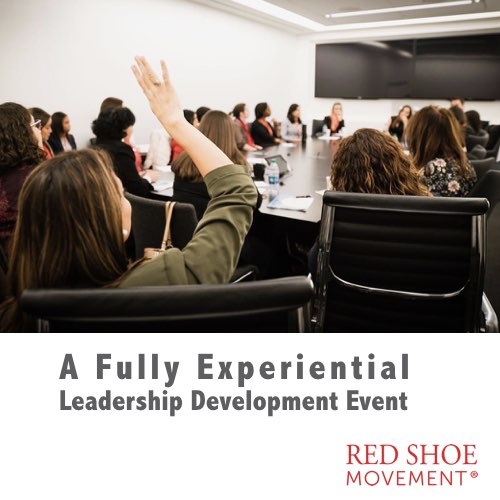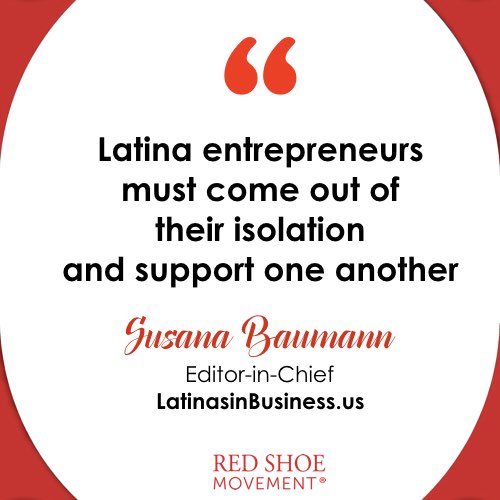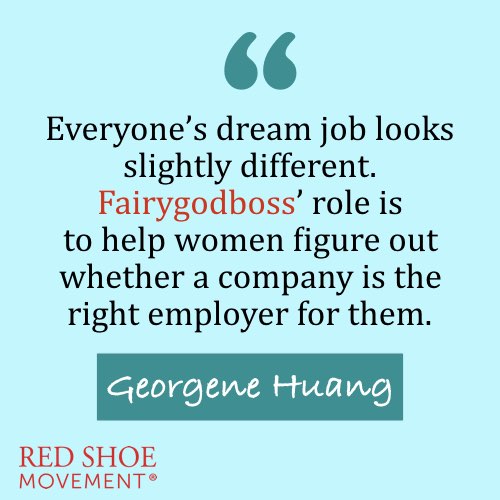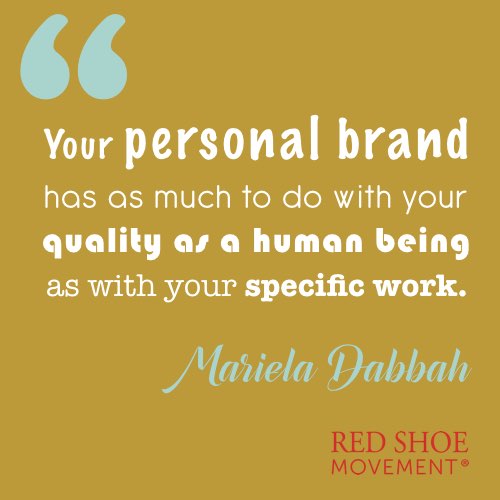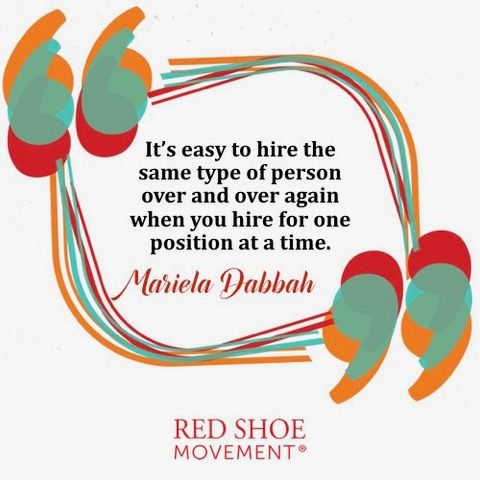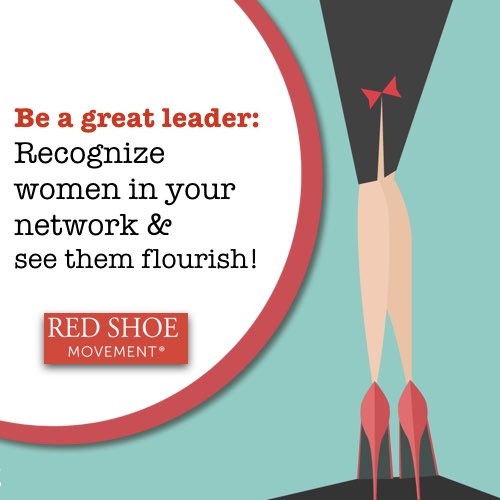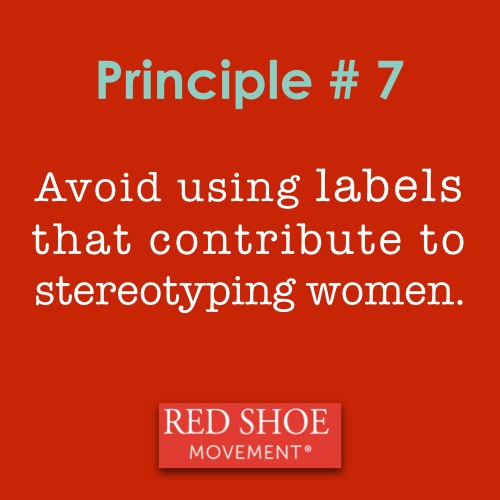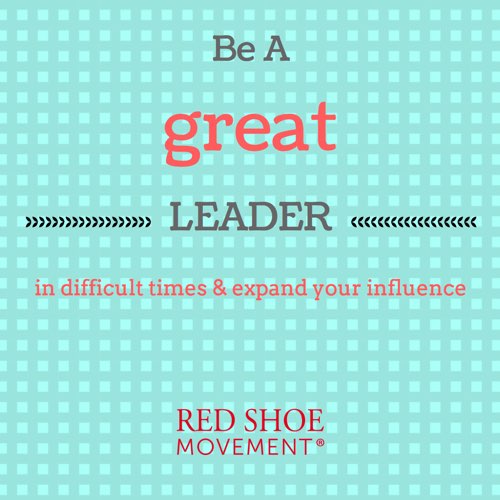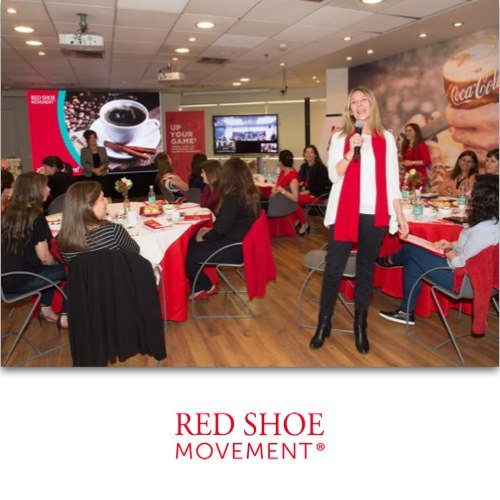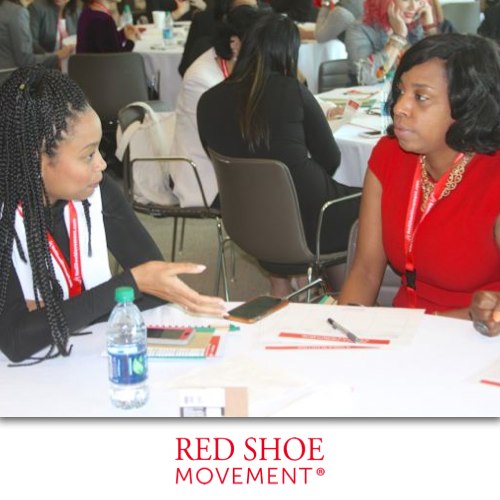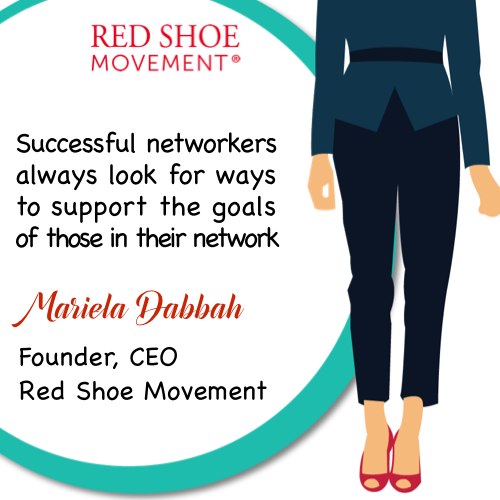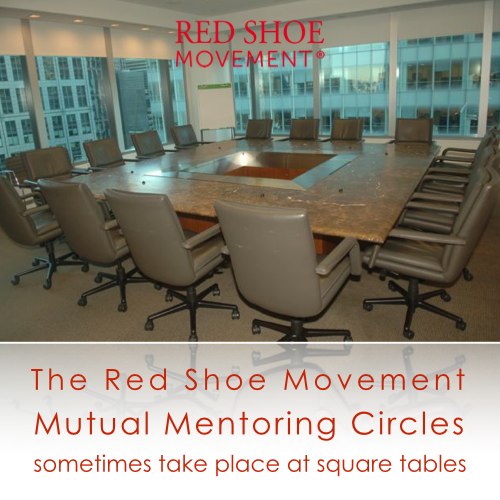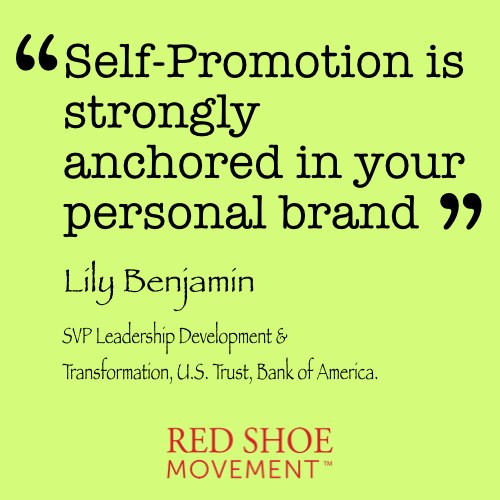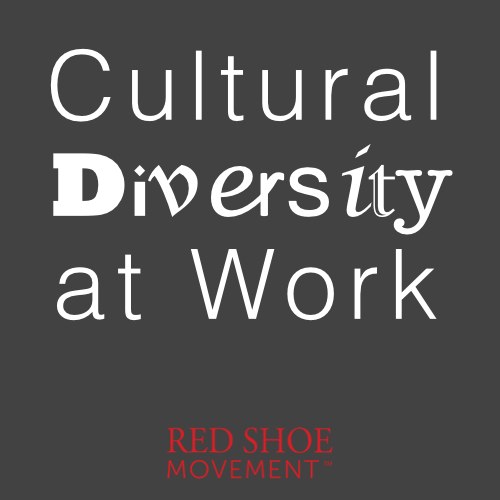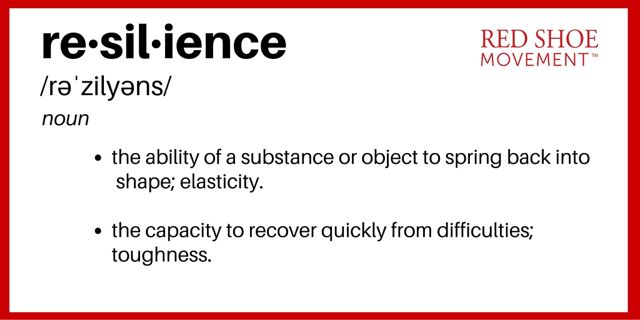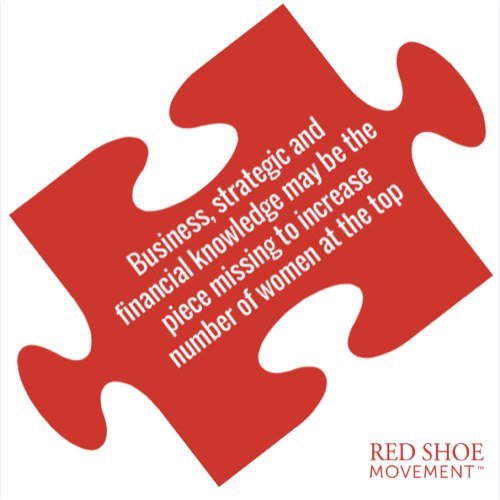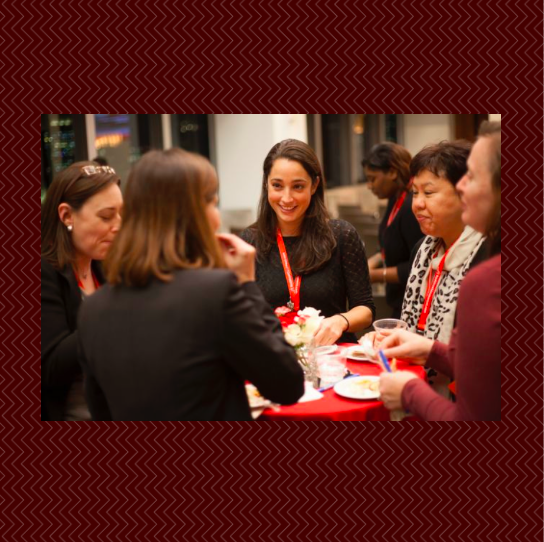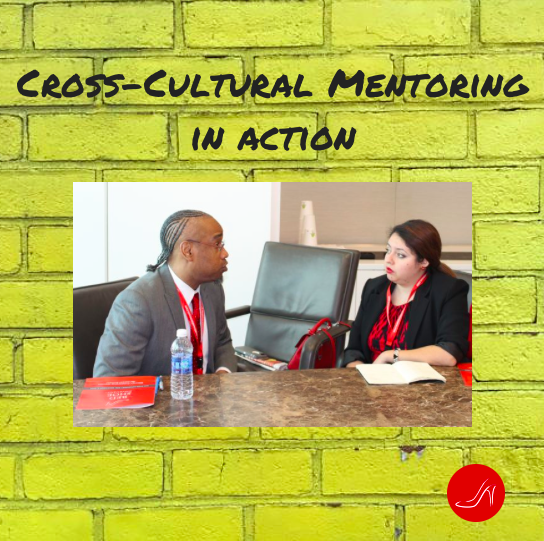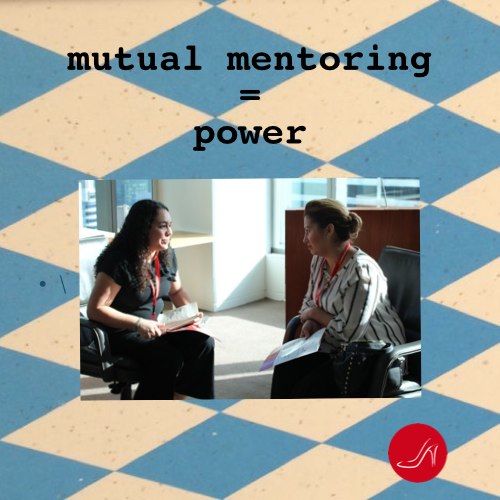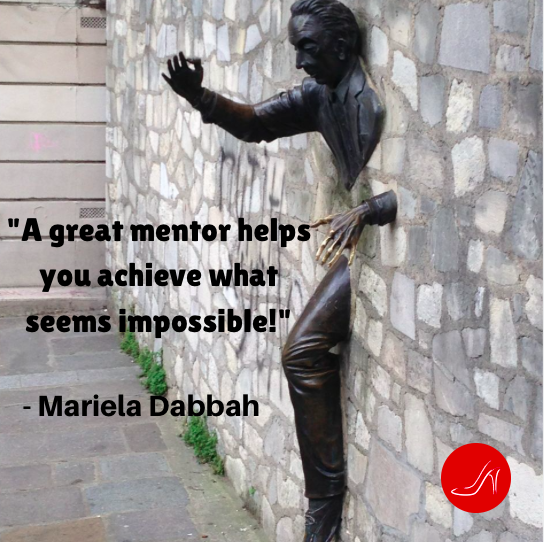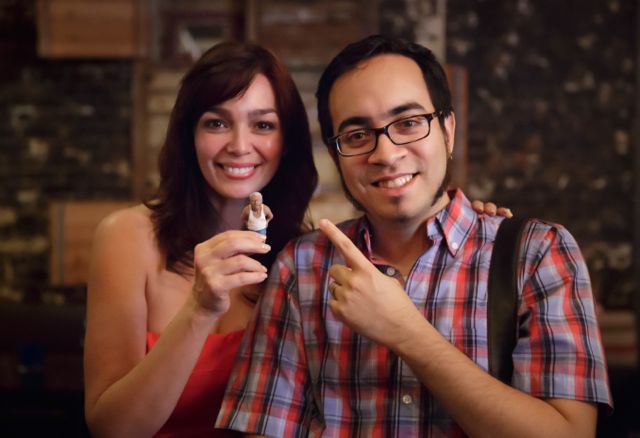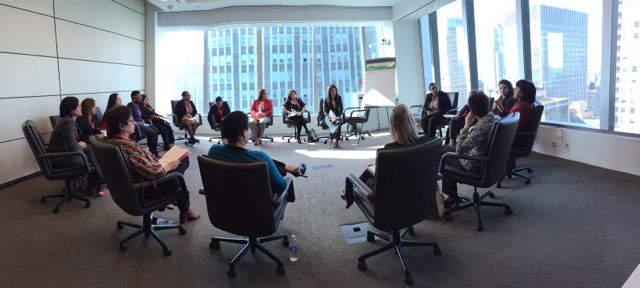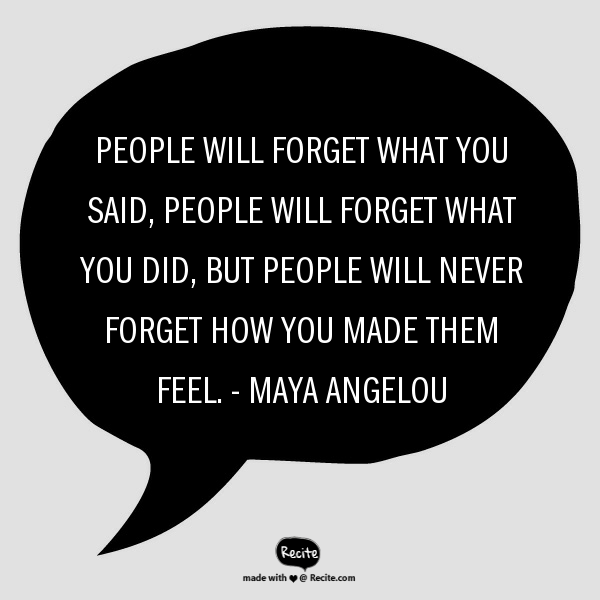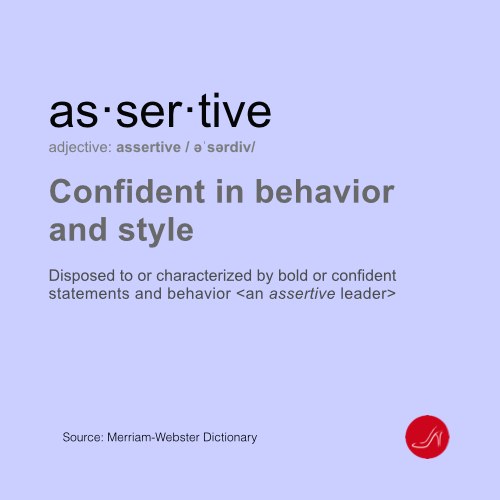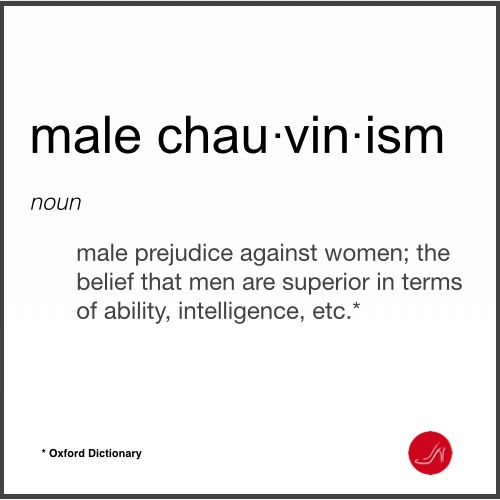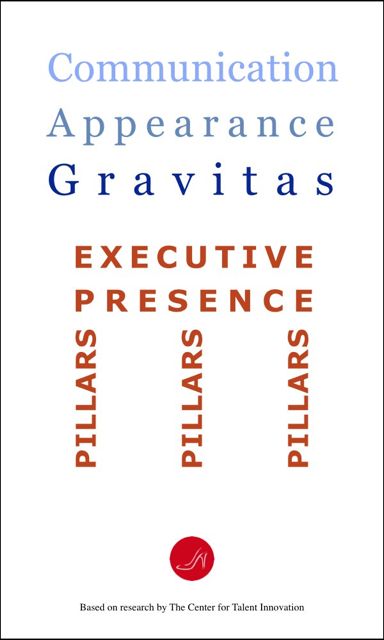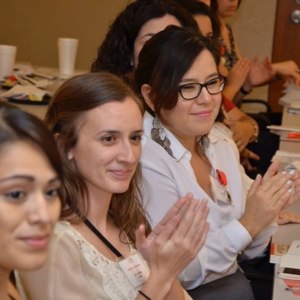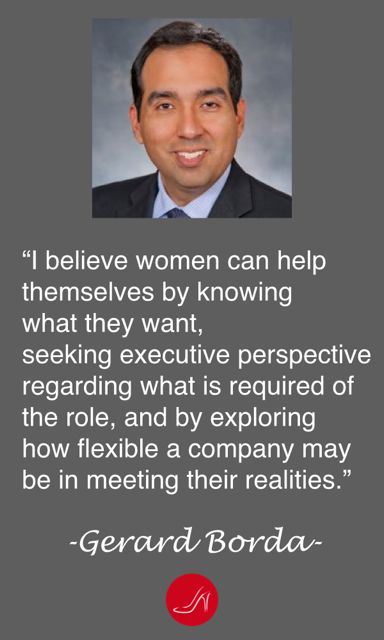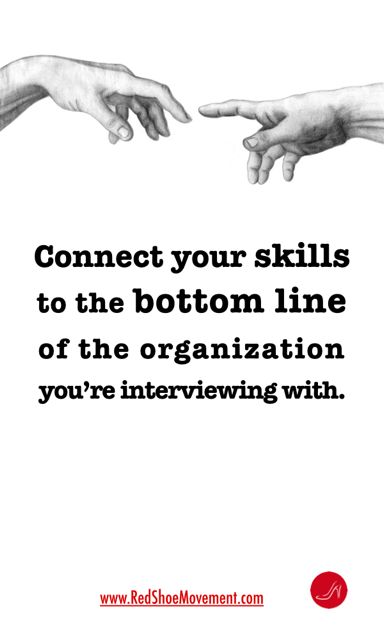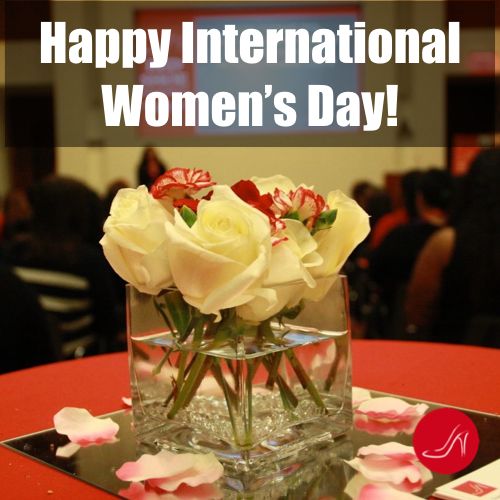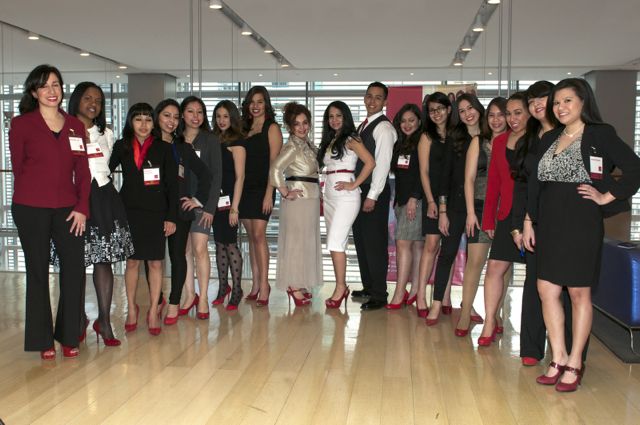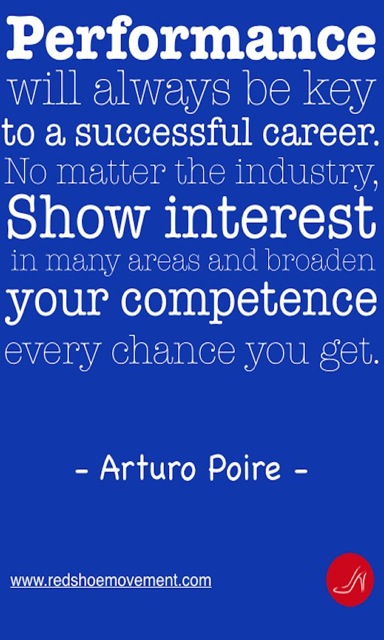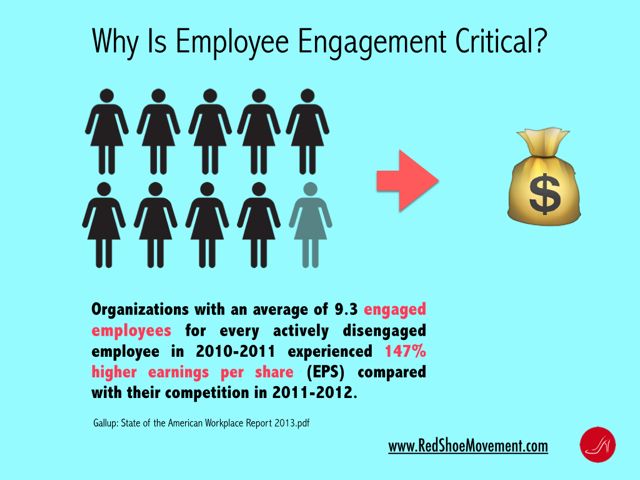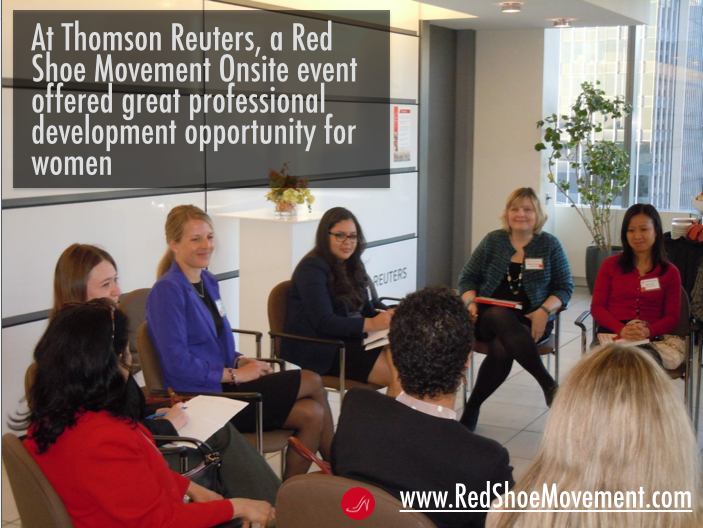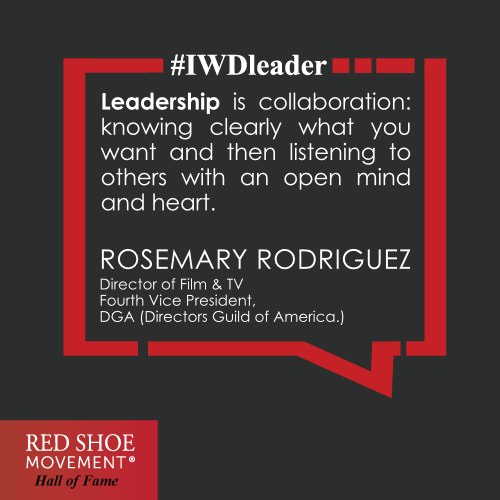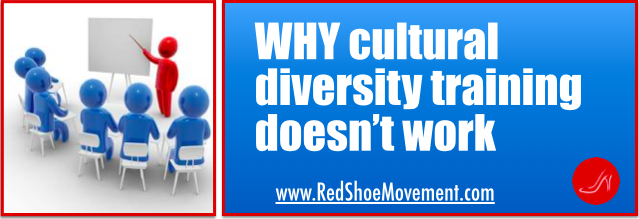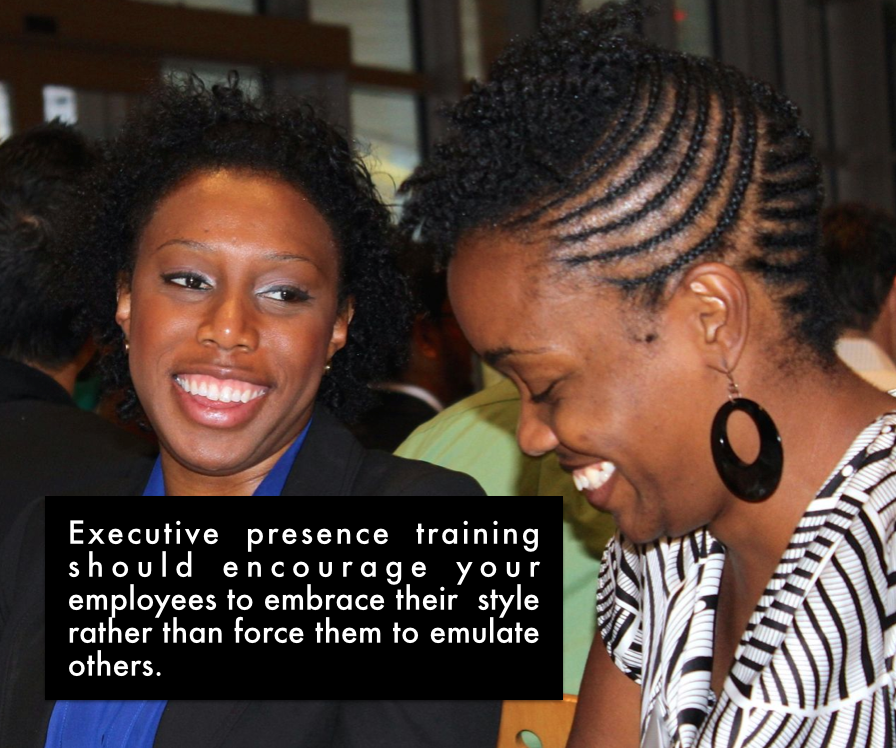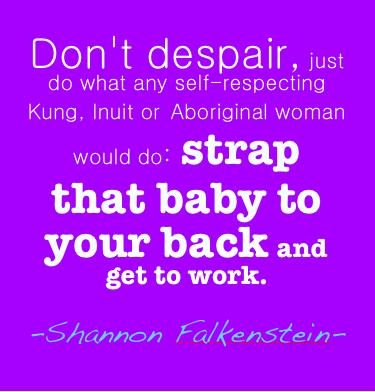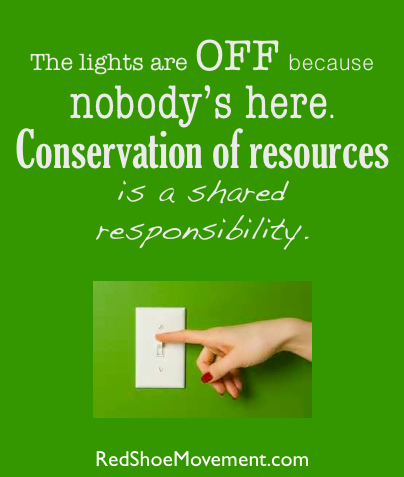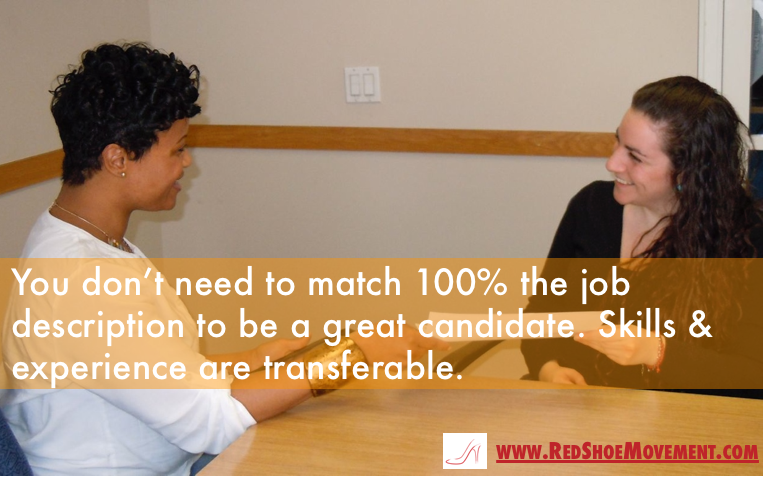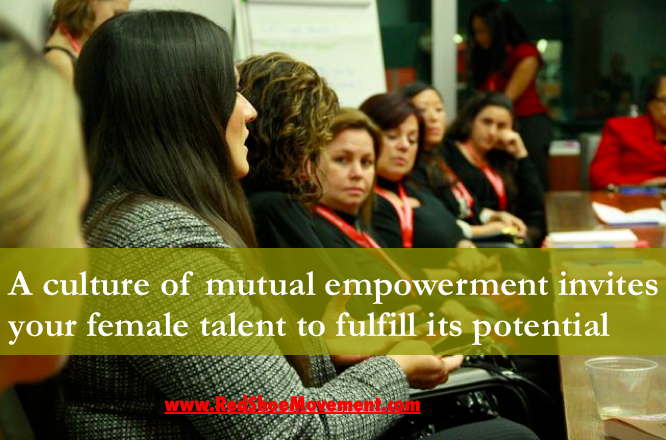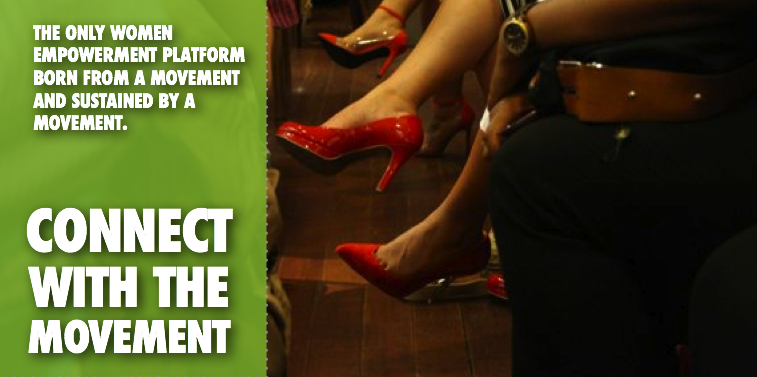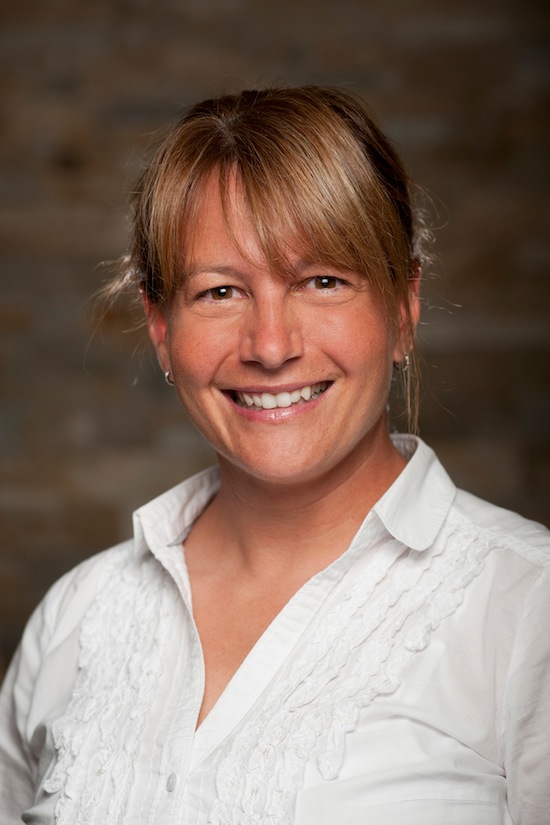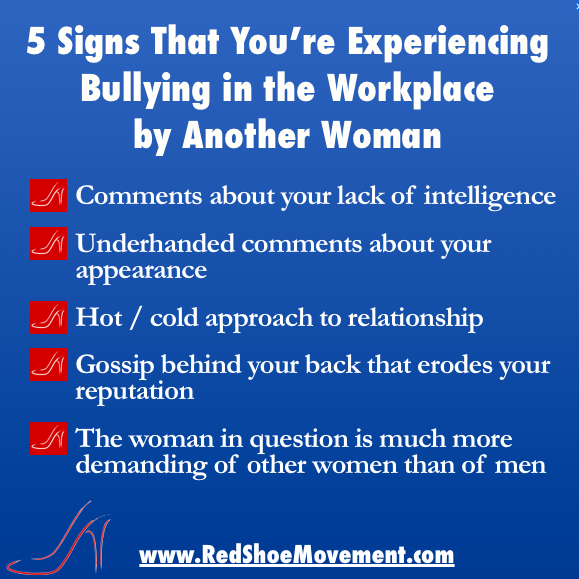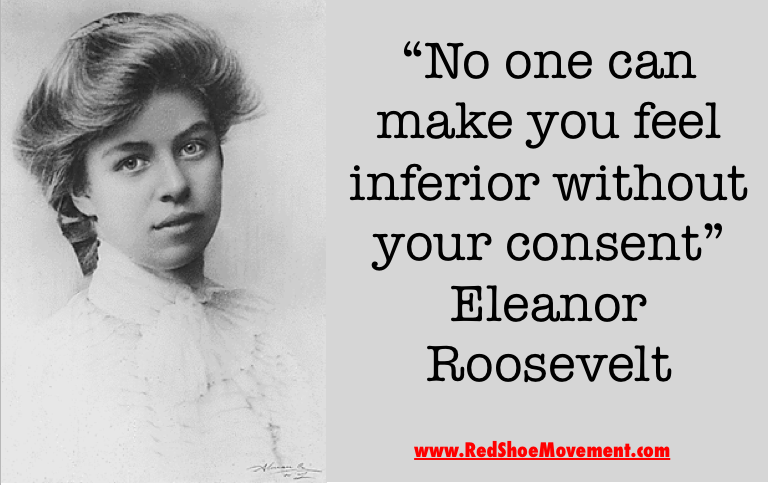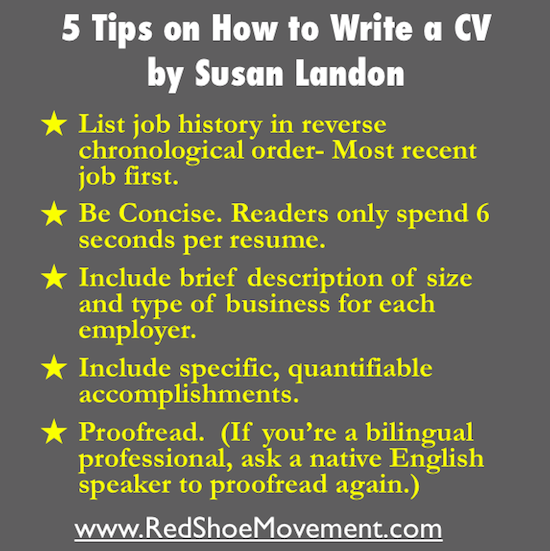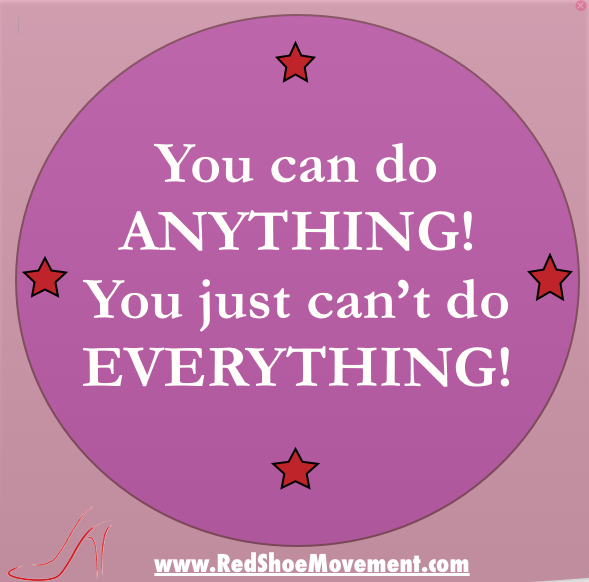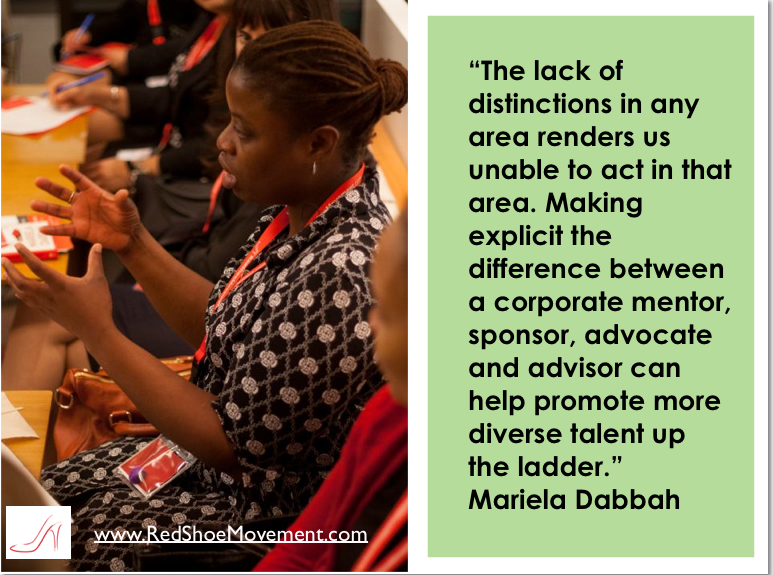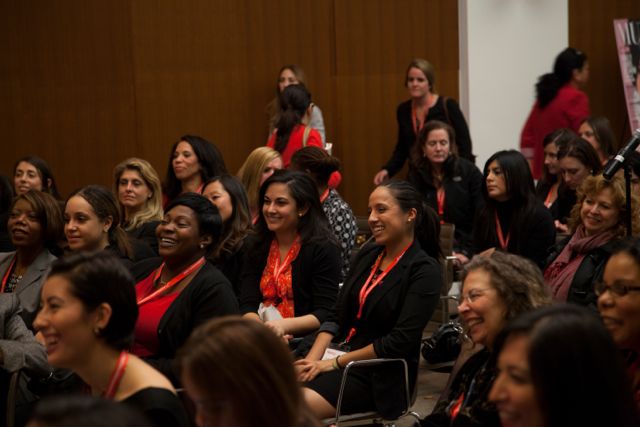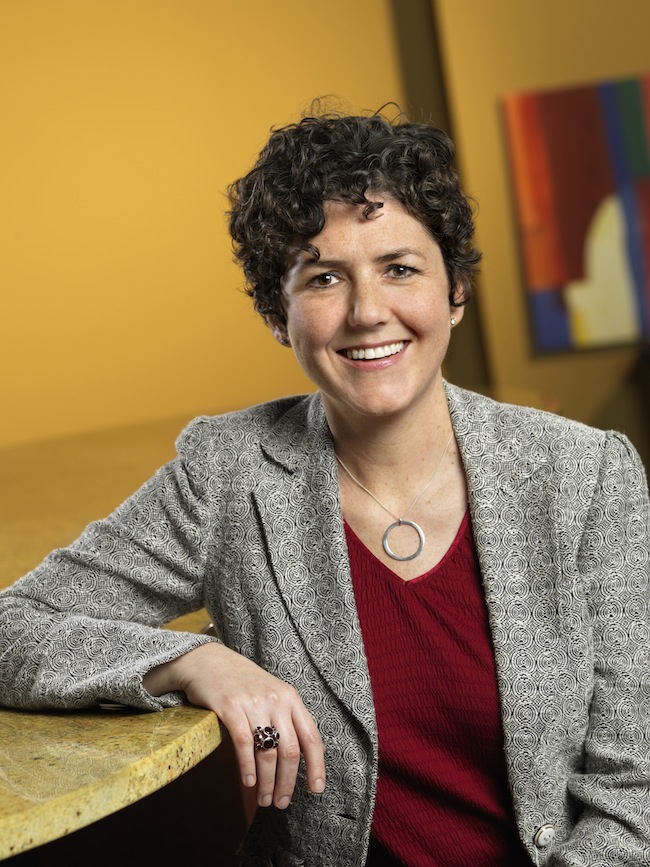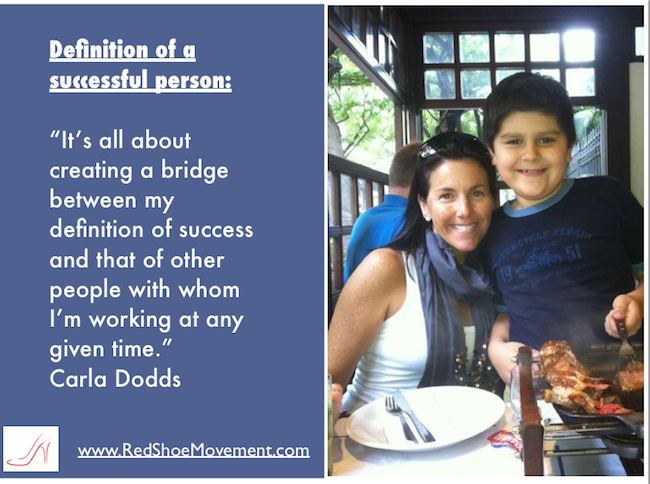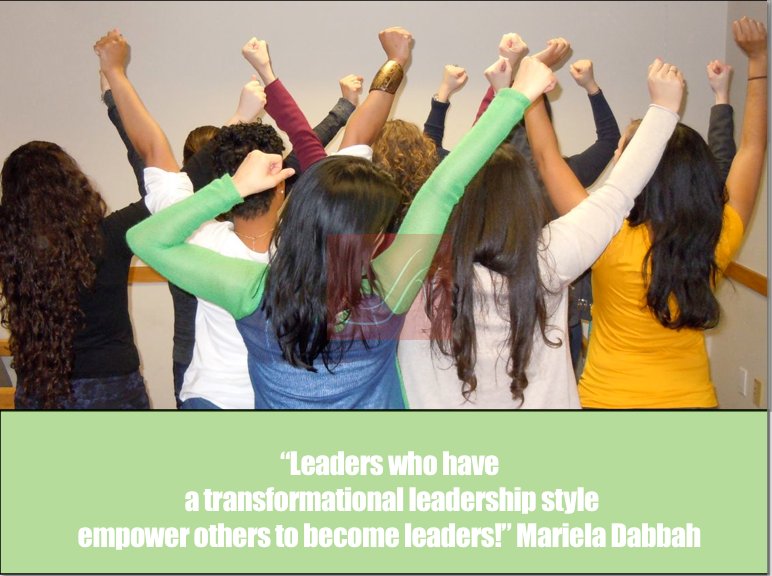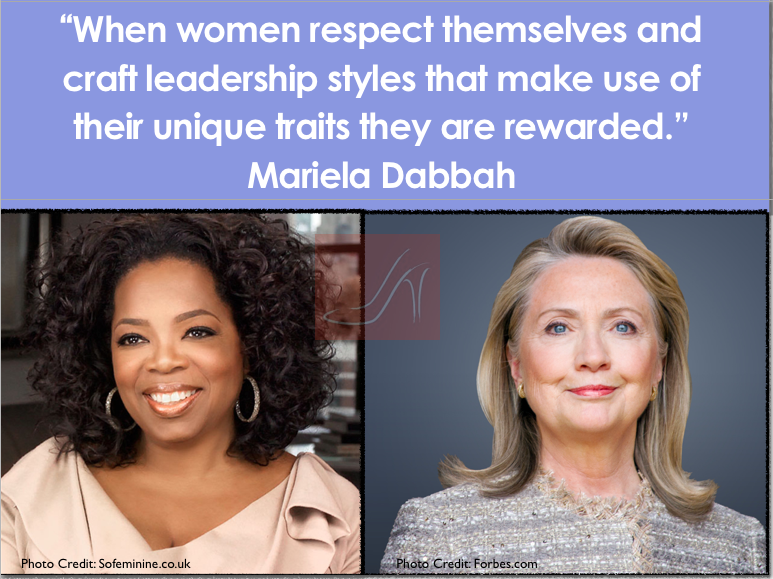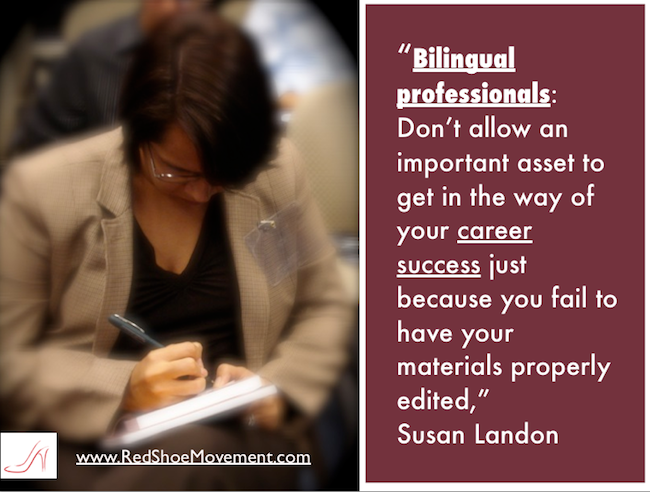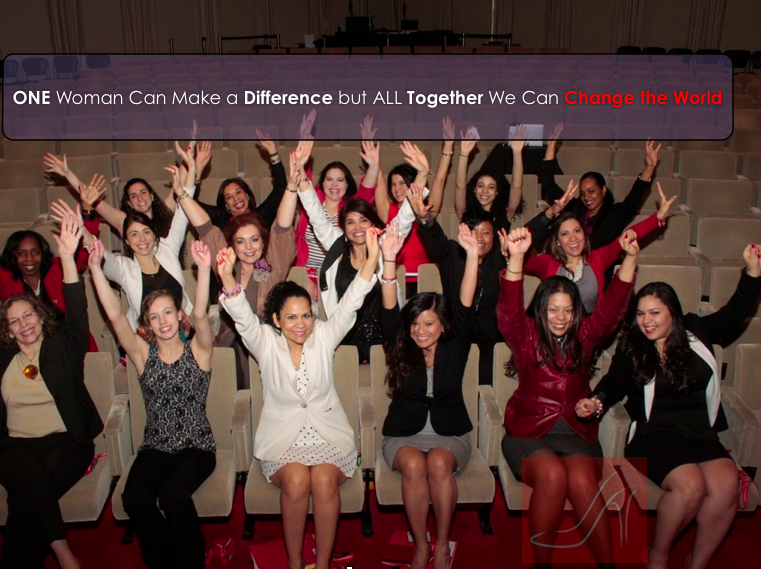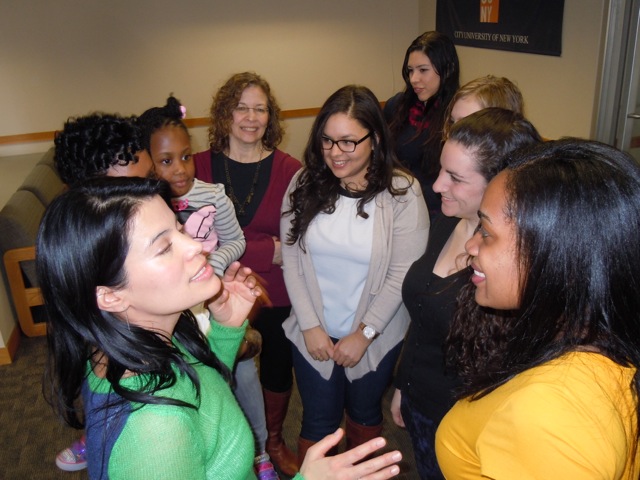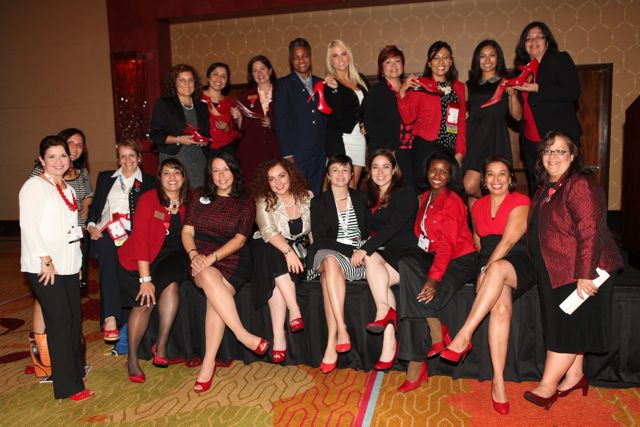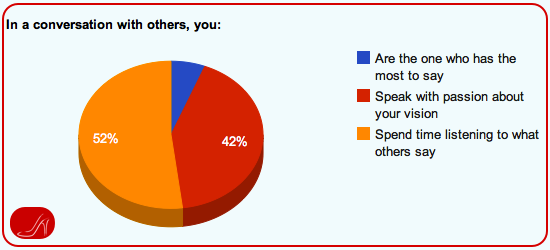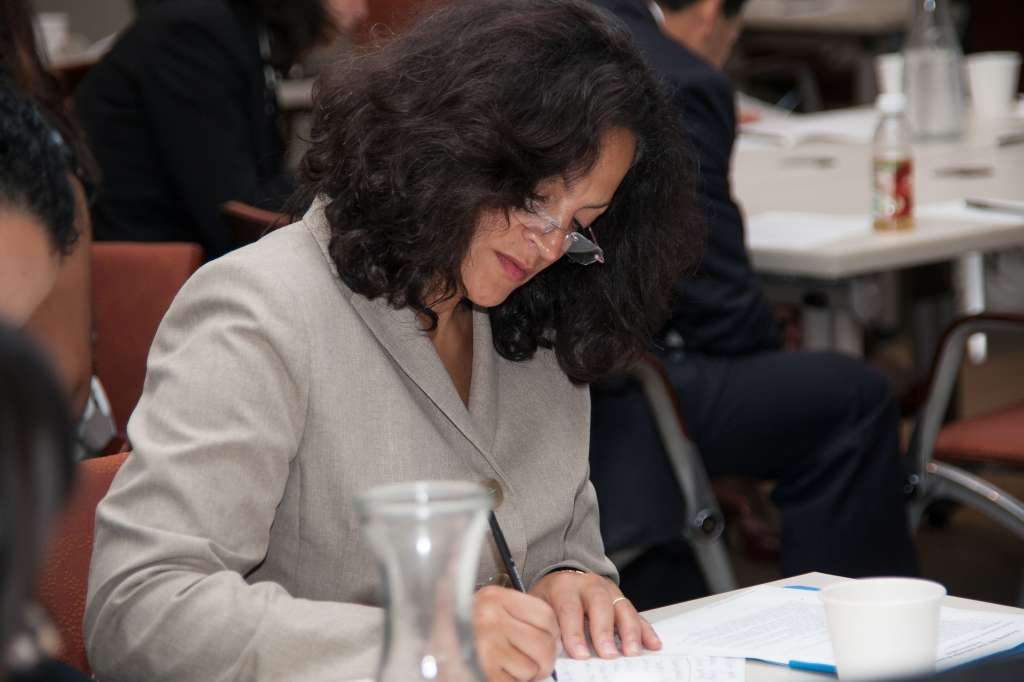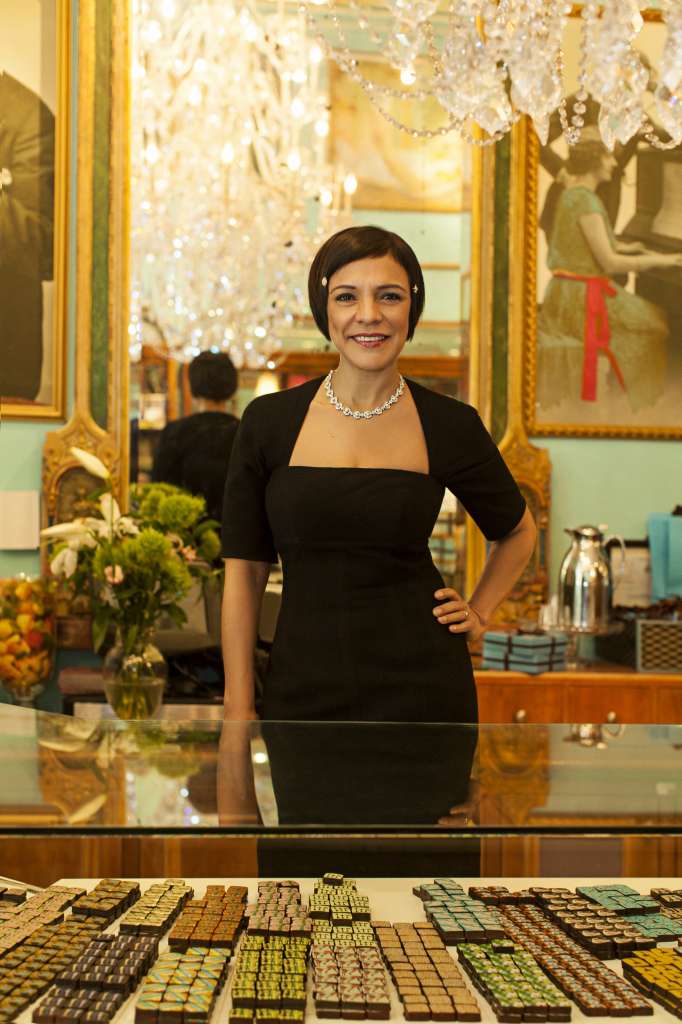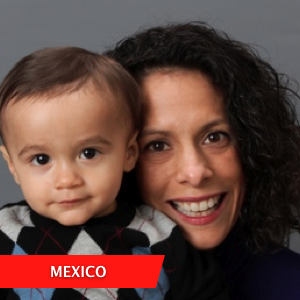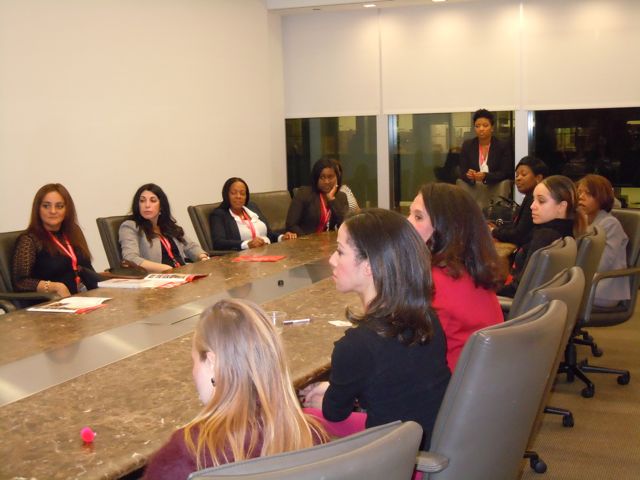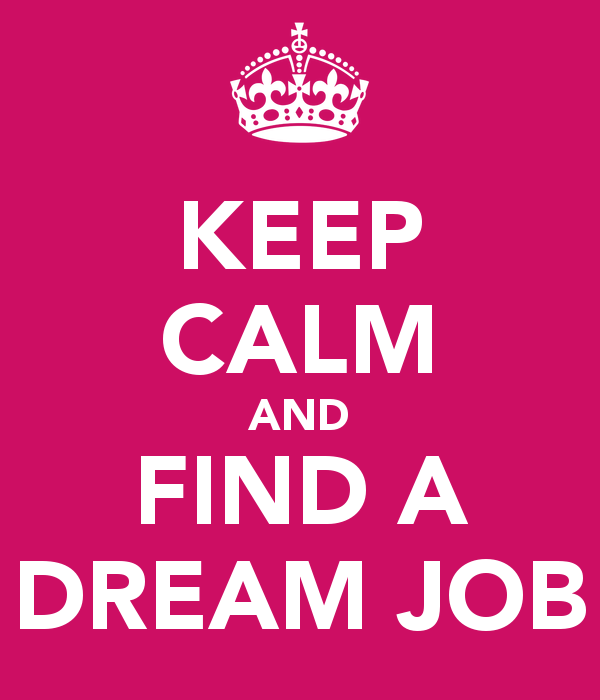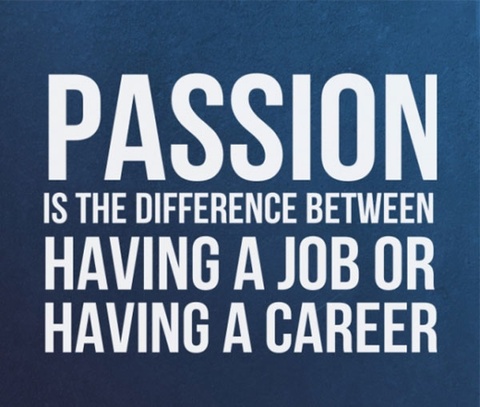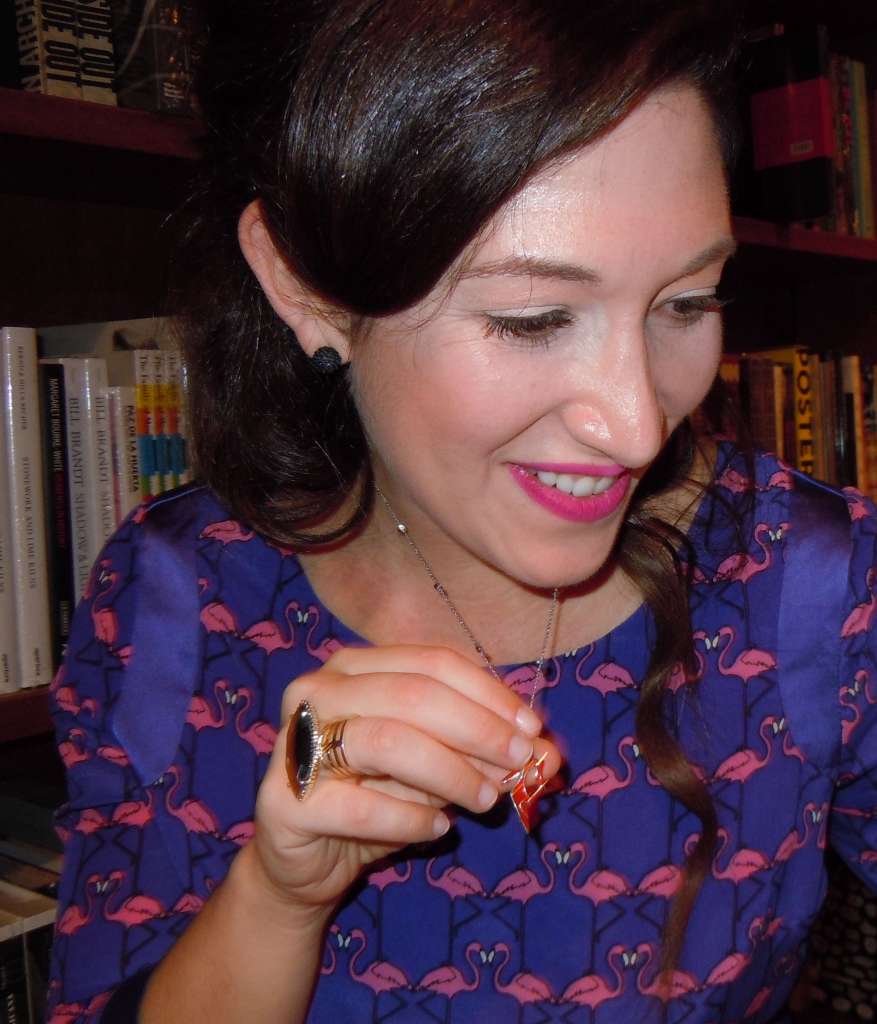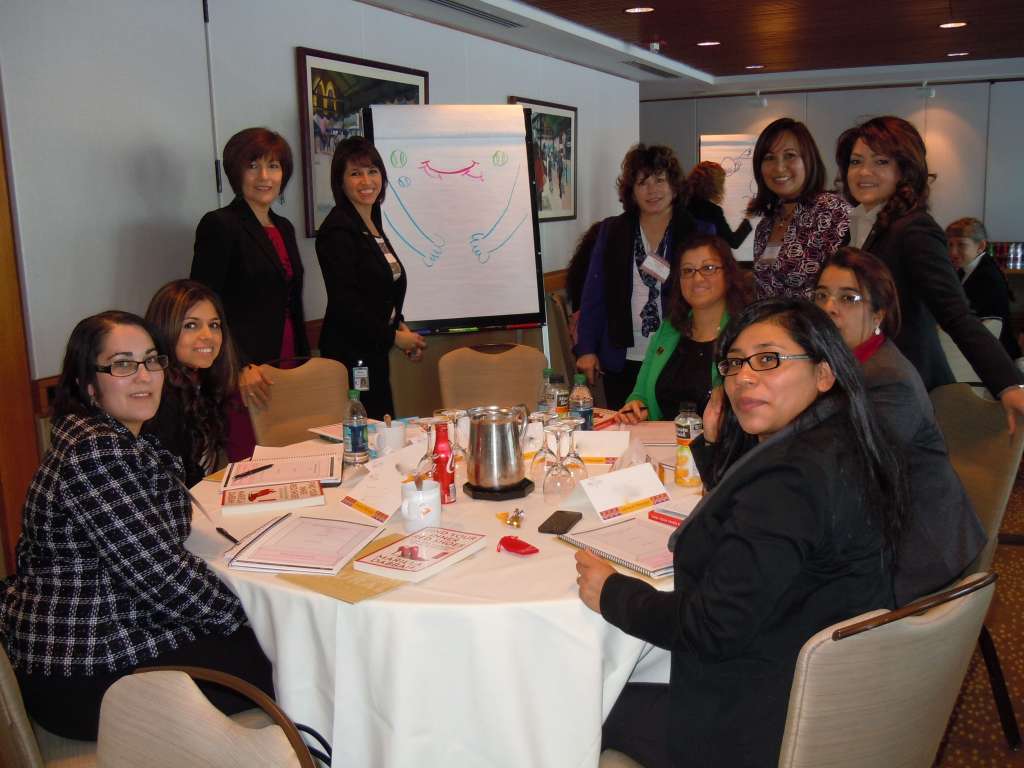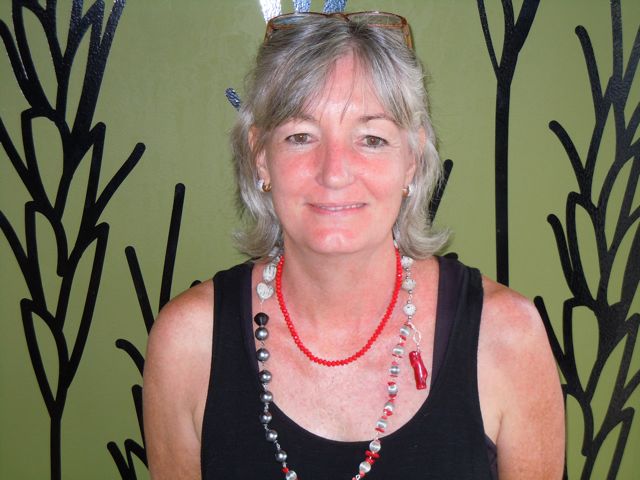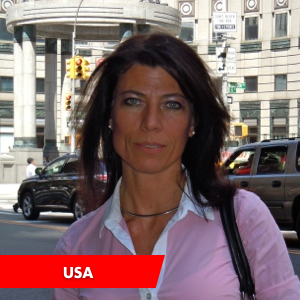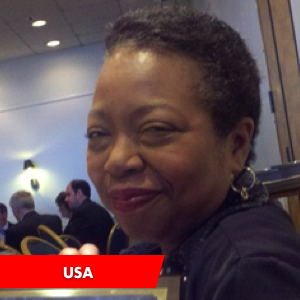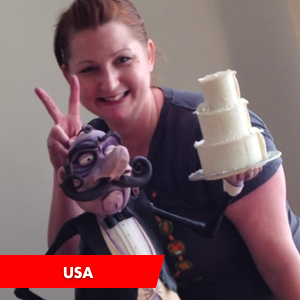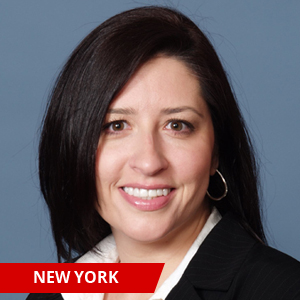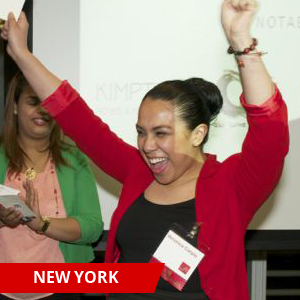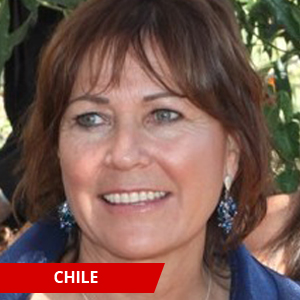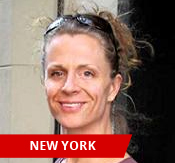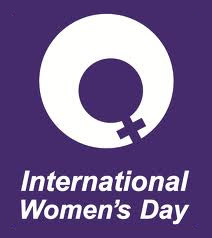As someone who has traveled the world, Dr. Iris Zemzoum has learned how culture impacts business in a massively diverse world. As President of Asia Pacific, Middle East & Africa (APMA) for Novartis, Iris is responsible for leading the Innovative Medicines business in the region to support the organization’s innovation, growth, and productivity ambitions as a focused medicines company.
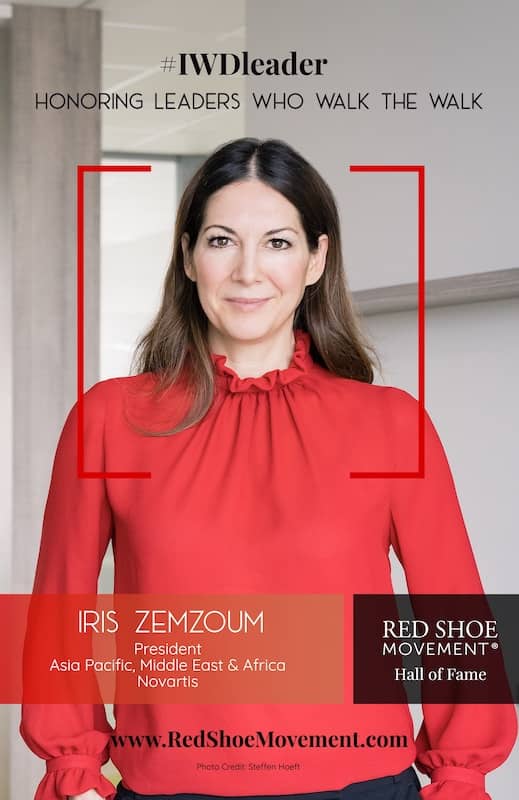
Passionate about accelerating and broadening access to innovative medicines and placing the patients at the center of her vision, Dr. Zemzoum is a strong commercial leader with an outstanding track record of building and mobilizing high performing teams and fostering a purpose-driven culture.
Iris first joined the industry in 2003 with Bristol-Myers Squibb where she held a variety of leadership positions within Commercial and Medical Affairs in Germany, Belgium, France, and Switzerland. Before that, she was a physician consultant at the Department of Obstetrics & Gynecology, University Hospital TUM Munich, where she also acted as co-investigator in breast and ovarian cancer therapy trials. She joined Novartis in October of 2020 and lives in Singapore with her family.
For using her voice to share her experiences, championing equity and diversity while addressing how culture impacts business in a diverse world, the Red Shoe Movement honors Dr. Iris Zemzoum with the 2022 Hall of Fame.
Creating Opportunities and Nurturing Talent in Tech
A mission and a vision
RED SHOE MOVEMENT – You have an M.D. and a PhD in Medicine as well as an MBA; tell us about these degrees and how they’ve shaped the way you see the world?
IRIS ZEMZOUM – I decided at a very young age that I wanted to be a doctor – I asked for a doctor’s bag when I was 9 years old and never looked back! I studied for a M.D (Doctor of Medicine) because I was passionate about science and built on that with a PhD (Doctor of Philosophy) in Medicine.
After more than a decade as a physician, I joined the pharmaceutical industry, where I decided to pursue an MBA to expand and strengthen my knowledge of business topics that had not been part of my medical career. Not only did the MBA serve as a foundation for my role as a leader in a global organization, but the people I met at INSEAD came from diverse backgrounds with different nationalities, careers, and industries. The network I built there has shaped my understanding of global citizenship.
RSM – What was your specialty as an M.D.? What made you go into in the pharmaceutical industry?
IZ – As a doctor, I worked in gynecological oncology and often saw patients at very tough times in their lives. My focus was always the patient in front of me: their diagnosis, treatment, and wellbeing.
It was my ambition to serve patients on a larger scale that attracted me to join the pharmaceutical industry, but I am still the same doctor at heart. My objective remains the same: to deliver the best possible treatment to patients. However, the challenges look very different, with a broader view across many countries and stakeholders. I currently lead Novartis’ Innovative Medicines business in Asia Pacific, Middle East, and Africa (APMA) which covers 31 countries and is home to half of the world’s population.
I feel very privileged to lead teams that strive to bring much needed and highly innovative treatments to patients who suffer from a wide range of diseases and conditions including cardiovascular disease and cancer. In addition, we deliver long-term, large-scale impact through strategic partnerships, patient programs, and policy-shaping efforts.
Navigating a Crisis and Cultural Transformation
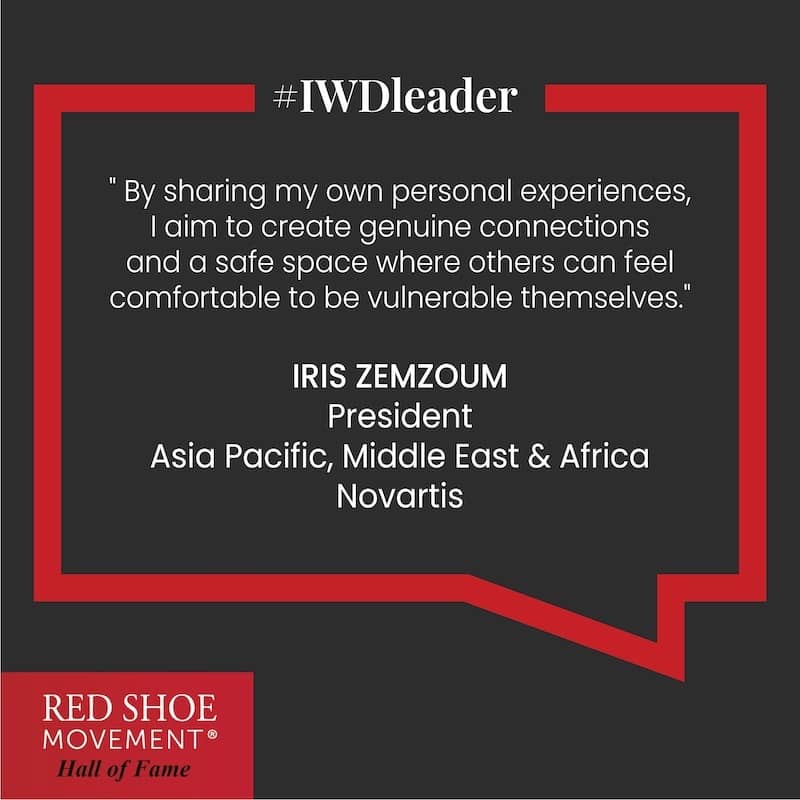
How Culture Impacts Business in a Diverse World
RSM – You have lived all over the world, what are some of the key skills you have developed through your experiences in different countries?
IZ – The world we live in is very diverse, particularly in the region I lead. There is a myriad of cultures, religions, languages, and healthcare systems. It has been a huge learning experience and the richness I have gained from it is invaluable.
Having lived in Europe and now APMA, some of the key skills that I have developed are flexibility, adaptability, and open-mindedness. I appreciate how culture impacts the way business operates in different countries. I am thrilled that my kids are experiencing this too – moving to Singapore was their first big adventure and they are embracing diversity early in life.
RSM – How does your global experience influence views that are specific to your region? Could you share your vision with us?
IZ – Business and ways of working can differ greatly between regions as well as within them. These differences can be challenging to navigate, but they can also be exciting and present opportunities.
While the APMA region is home to half of the world’s population, it has one of the lowest levels of healthcare access. My vision is clear: I want to turn yesterday’s impossible into tomorrow’s reality for patients in the region by partnering to transform the standard of healthcare and access to innovative medicines.
There are lessons to bring to APMA but let’s not forget that the rest of the world also has much to learn from this region, such as the way that data is used intelligently and applied to business in the UAE, Korea, and Singapore. I also hope that these advances in digital innovation will allow us to broaden access to medicines at a wider scale and faster pace in the region.
Robert Abreu Leads by Example
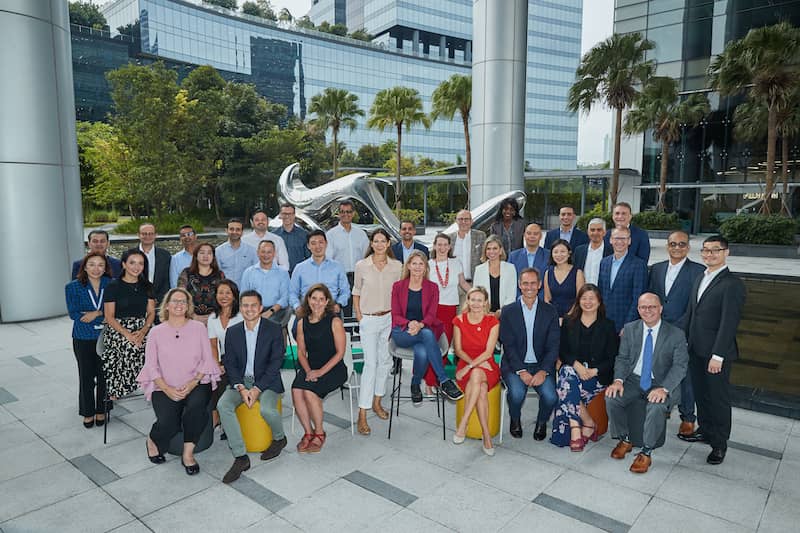
Leading By Example
RSM – What are some of the toughest challenges women in your region face?
IZ – Women across the world often face similar challenges in the workplace. Where challenges differ, they are likely to be deeply rooted in local culture and society. In countries where traditional gender roles are dominant, women are expected to take on the role of a homemaker, and it’s harder to ensure the right levels of female leadership.
Companies should recognize these contextual challenges and play a proactive role in supporting their female employees to navigate these circumstances through policies that are flexible and innovative in how women can contribute to the workplace. In these situations, it is also beneficial to open the minds of our male colleagues and leverage them as allies to engender societal change.
RSM – You have been a champion for other women in the workplace for a very long time, what are some of the ways in which you choose to lead by example?
IZ – By sharing my own personal experiences, whether good or bad, I aim to create genuine connections and a safe space where others can feel comfortable to be vulnerable themselves. In reality, many of us have shared experiences at work. However, I see women hesitate to push back or request flexibility when work commitments clash with existing family commitments for fear of being judged as a poor employee or team-mate.
I am not afraid of telling co-workers how I organize my work schedule to allow me to be present for my kids’ dinnertime or to take them to their first day of school. My hope is that if other women hear this, they will feel emboldened to raise their voices, louder and stronger. As a female leader of a global organization, I feel a sense of responsibility and pride in leading by example and enabling my colleagues to reach their full potential through a rewarding life at home and the workplace.
Recruiting Top Female Talent
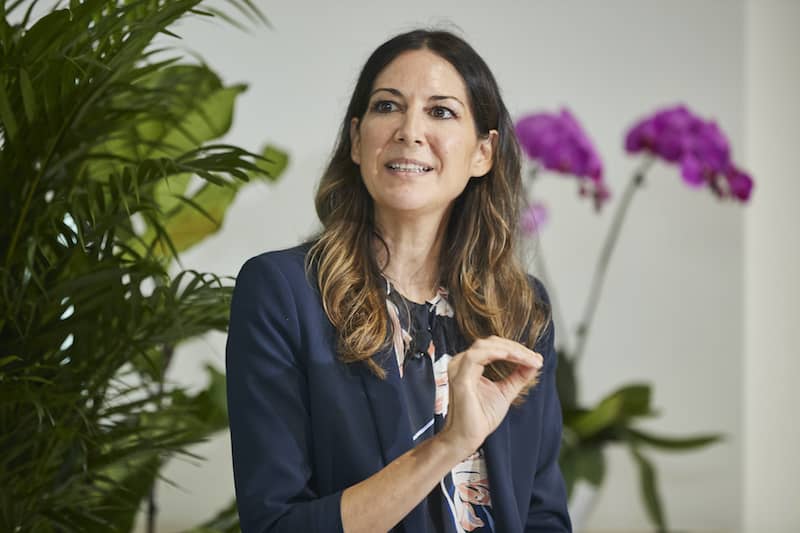
Know What you Want and Be Bold
RSM – If you could suggest one action that organizations can take to accelerate the representation of women at the top, what would it be?
IZ – Many biases exist around the hiring, promotion, and retention of women in the workplace. These range from the perceived availability and time commitment of women to their levels of engagement with work. Some of these are unconscious biases that are deeply ingrained in people as well as society, and unintentionally influence behaviors. We need to make sure that organizations acknowledge and break down these biases as they can hinder the representation of women in the workplace and in leadership. That they’re adopting policies that are flexible and innovative in how women can contribute to the workplace.
As a business, Novartis is championing solutions in the workplace. The company has pledged to achieve gender balance in management and further improve our pay equity and transparency processes. We’ve made progress on this front, with women making up 51% of our overall workforce, 46% in management, and 31% of our Board of Directors.
RSM – If you could suggest one action that women could take to accelerate their career growth, what would it be?
IZ – Have confidence and belief in yourself! It is important to be explicit about your vision and ambition, and to be active in progressing your career. Know what you want and be bold in pursuing it.


































































